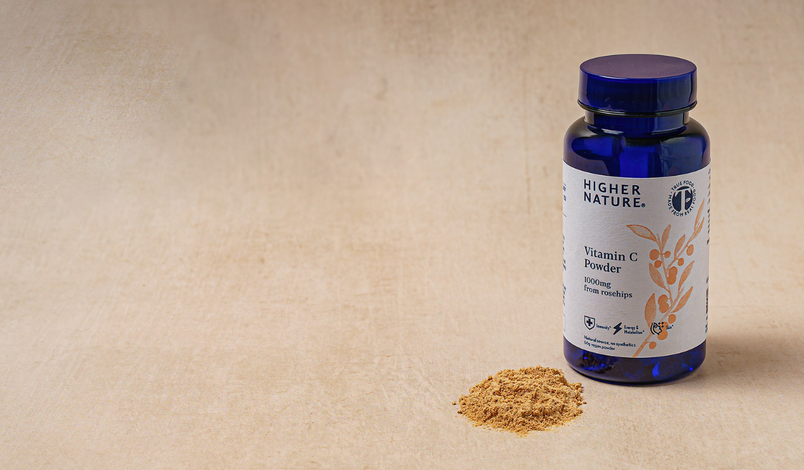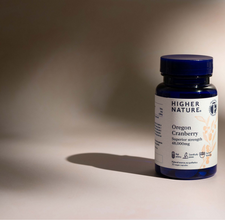
Night-time screen light linked to weight gain
Higher Nature Nutrition Team
Reports of health risks from mobile phones and electronic devices range from sleep disruption to impairment to eye and brain health. Now, research published in Physiology and Behavior, highlights findings that your weight and blood sugar levels may also be adversely affected.
A recent review of a number of scientific studies looking at the effects of blue light at night on human health has found that even at low levels, night time light exposure may trigger a variety of health problems. Whilst a mobile phone held roughly 30cm away from the face can emit 40 lux (the unit of light used for measurement) , the research suggests that a level as low as 5 lux can disrupt our circadian rhythm. This refers to our body clock which is geared to 24 hour solar days and determines our regular hormonal rhythm.
The blue light from electronics, also naturally comes from sunlight during the day, but too much exposure to this light at night disrupts the body clock, making it harder to fall asleep. The recent study has thrown up more worrying effects of blue light at night, namely increased blood sugar levels and weight gain without an increase in calories. This is particularly troubling as many children are using smartphones, computers and TV – sometimes simultaneously – and so, are receiving high levels of light exposure, often late into the night. The finding of raised blood sugar levels may be particularly worrying for those with diabetes or prediabetes. It is suggested to limit screen exposure up to 3 hours before bedtime and use blue light-blocking glasses. Supplementing nutrients such as lutein, zeaxanthin and meso-zeaxanthin which filter blue light may also be beneficial.


















